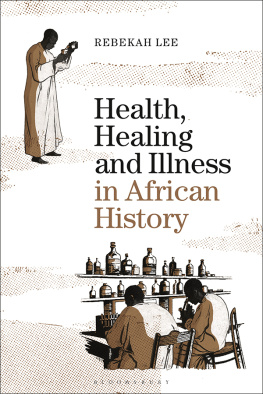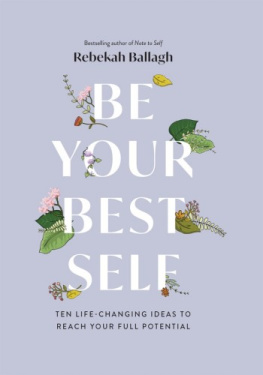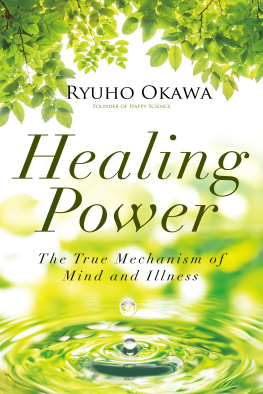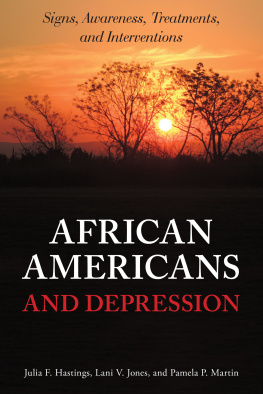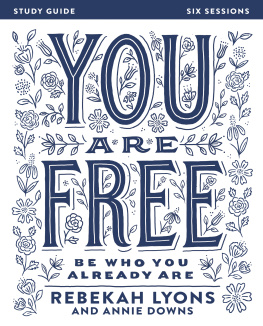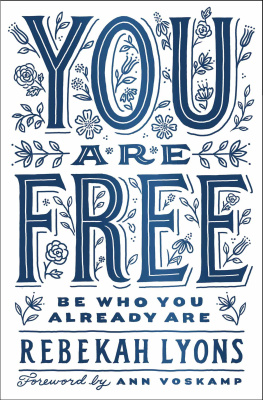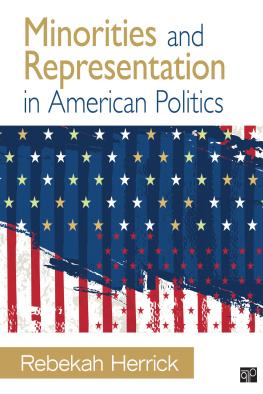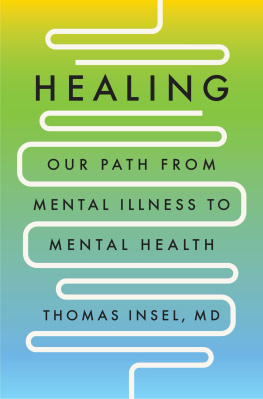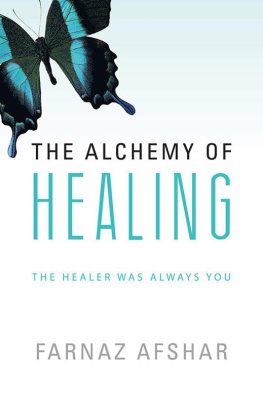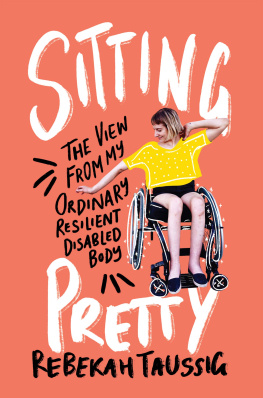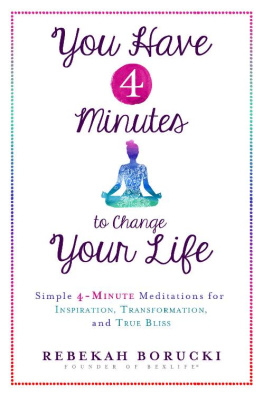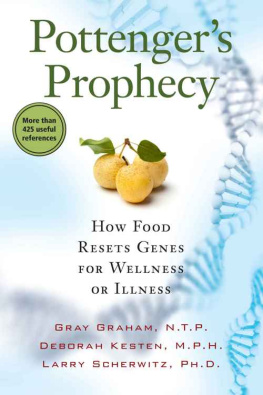HEALTH, HEALING AND ILLNESS IN AFRICAN HISTORY
HEALTH, HEALING AND ILLNESS IN AFRICAN HISTORY
Rebekah Lee
1 Ecological map of Africa
2 Early nineteenth-century map of Africa
3 Map of Africa with colonial boundaries
4 Map of post-independence Africa
5 Contemporary political map of Africa, 2018
As this book goes to press, the Covid-19 pandemic has altered the everyday lives of millions across the world. As the path of the virus spread from Asia to the Middle East, Europe and North America, to South America and Africa, states and societies have struggled with responding to the enormous health challenges this particular disease has presented a coronavirus that is exceptionally virulent, with heightened mortality rates, unpredictable symptomology and no known cure. Hospitals have struggled to source adequate supplies of personal protective equipment (PPE) for healthcare workers, and have had to deal with the ethical and medical dilemma of triaging Covid-19 patients who were too numerous for the limited supply of ventilators at hand. Public health measures that have been instituted to varying degrees in different regional and national settings, including variations on quarantine lockdown, self-isolation, sheltering-in-place as well as face-mask usage and personal hygiene have had some suppressive effect on mortality and morbidity curves, yet the science behind these measures efficacy is a continual subject of debate amongst political, scientific and public health leaders and advisors, media commentators and the general public. The aetiology (or disease transmission pathway) of Covid-19 is only beginning to be understood, with the only consensus among scientists being that a potential vaccine is many months or even years away.
Africa, which has experienced a later onset of the Covid-19 wave, has not been immune to these same debates. Yet, the health challenges and risks from Covid-19 facing the continent are divergent from many of these other regions of the world. Africas demographic characteristics, with a relatively youthful population, may provide some measure of protection against a disease whose mortality rate disproportionately features the elderly. However, there are particular vulnerabilities to consider as well: the lack of medical supplies, including diagnostic equipment and ventilators; a significant pre-existing disease burden, involving significant numbers with infectious diseases such as tuberculosis and HIV/AIDS, which may make these populations uniquely susceptible to Covid-19s pathology; poor health infrastructures, exacerbated by limited numbers of medical and scientific personnel and an under-financed health services; and extreme poverty and inequality, which affect livelihoods, housing, sanitation and nutrition, all of which have been shown to influence Covid-19s differential impact on communities.
It is not yet known the extent to which these specific characteristics will determine the disease trajectory, and mortality toll, of Covid-19 in Africa. Importantly, however, they represent the twenty-first century outlines of a much longer shadow. The youthfulness of the continents demographic profile, its disease burden and under-resourced healthcare services are not recent phenomena, but the products of particular historically contingent forces and developments. Popular responses to public health interventions including the destruction of Covid-19 testing facilities in the Ivory Coast by protesters who believed the facility and its medical staff were covertly bringing the virus into their area, or the hashtag-propelled protests against Covid-19 vaccine trials in South Africa are similarly reflective of a much longer history of distrust, resistance and even fear of disease prevention and eradication campaigns instituted by governments and organizations far removed from local communities and concerns. And yet, the figure of the current Director-General of the World Health Organization, Ethiopian Dr Tedros Adhanom Ghebreyesus, who is directing the global health response to Covid-19, reflects another important historical trajectory that of the increasing agency and global influence of Africans as health mediators and providers.
The unfolding Covid-19 pandemic has accentuated that history matters, and a historical perspective is vital to understanding the health challenges of Africas past, its present and its future. It is my hope this book contributes to that understanding.
This book began its life as a series of lectures and seminars for a module called Health, Healing and Illness in Africa that I offer to history students at Goldsmiths, University of London. When Claire Lipscomb, then-commissioning editor for history at Bloomsbury, first contacted me several years ago about writing an introductory medical history of Africa to engage students and a wider interdisciplinary audience, I could not envision the unexpected journeys, both intellectual and personal, that I would undertake in the writing of this book. I am forever grateful to Claire for that initial overture and for having faith in the scope and design of this project. I am also grateful to Bloomsbury for staying the course with this book, and for the helpful comments of the anonymous reviewers on the draft manuscript. The mistakes here are, of course, my own.
Over the many years that I have taught this module at Goldsmiths, I have had the benefit of my students engaging and critical commentary, which have helped to frame many of the issues addressed in this study. This book would not have been the same without their input and participation. I would also like to thank the Department of History and Goldsmiths for allowing me research leave at important junctures in writing this book. To my colleagues in the department, thank you for your collegiality and good humour, and your vision for whats possible in the field of history.
I am grateful to the Swedish Collegium for Advanced Study and the Institute for Advanced Studies in the Humanities at the University of Edinburgh for providing a wonderful community of scholars and a fertile intellectual and interdisciplinary environment to write significant portions of this book.
Megan Vaughan and William Beinart have both inspired and supported me over many years, for which I am deeply thankful. I am also indebted to Megan, Walima Kalusa and Mark Lamont, my collaborators on the AHRC-funded project Death in Africa: A History c.1800 to Present Day. Although this project is long ended, the issues and debates thrown up by our collective work continue to inform my understanding of African history and the everyday health concerns of African communities.
I would like to thank my PhD student, Milo Gough, for his unflagging assistance with all manner of administrative tasks in preparing the manuscript for publication, and for his helpful commentary and research assistance in the latter stages of this projects completion. I am also grateful to Milo for the image from the Sierra Leone Public Records Office used as the basis for the Source Analysis in .
To the women writers group in Edinburgh, thank you for providing a useful sounding board and for reminding me that writing can be a collaborative enterprise. I am grateful especially to Mikki for her writing companionship, and for simply listening. I would like to extend a very special thank you to Kirsty for being the ally I never knew I needed, and for providing a haven at a critical stage in the writing-up of this book.
I am grateful to my parents and siblings in the United States, and to my generous parents-in-law Ewa and Jerzy. Lastly, I offer a heartfelt thanks to my family my husband Adam and my children Leah and Isak. Thank you for giving me the gift of time to write this, and for your unending patience, love and goodwill in supporting me to get to the end of it.


